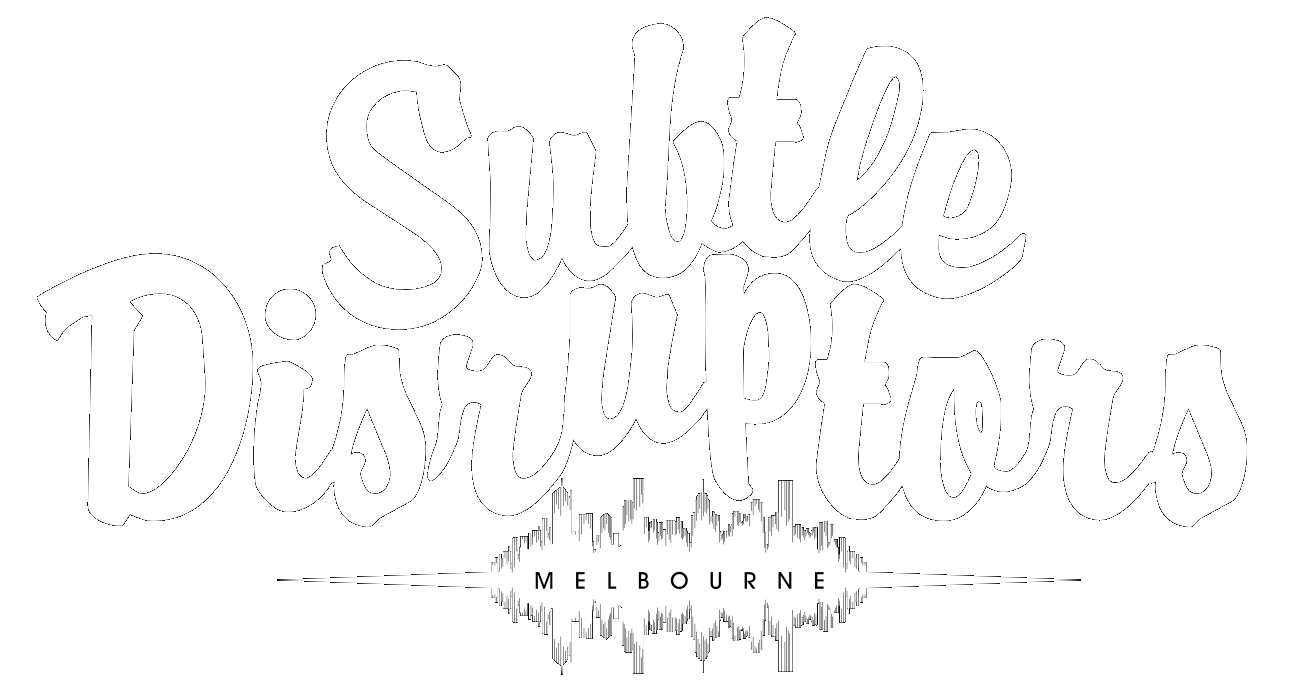It was an unexpected act of generosity that enabled the organisation led by this episode’s guest to be in the position it is today. A donation of a property in Melbourne’s Toorak over 50 years ago is now impacting a large number of people, all living with the intention of bringing about positive change in the world.
For some of these people, it is their place of work. For others, it is where they live as part of a community. Others drop in from time to time either casually or part of workshops or other regular catchups.
It is an organisation that up until recently has described itself as an organism. Through some very careful and courageous change work, this group of people have been able to let go of what they once were to embrace what they could be.
The organisation is called Initiatives of Change, Australia, and our guest is the Executive Officer Athalia Zwartz.
I have had a number of interactions with Athalia where I have experienced her love of people, her desire for depth and honesty, her kindness and conviction.
I felt all of these in our conversation together, which I hope you enjoy as well.
If you do enjoy listening to Athalia, you may also enjoy listening to Gilbert Rochecouste on creating long-lasting change within a city, Maria Cameron or suburban communities, or Matt Wicking on cultivating an awareness of ourselves and our context.
Podcast: Download
Subscribe: Apple Podcasts | RSS





Leave a Comment